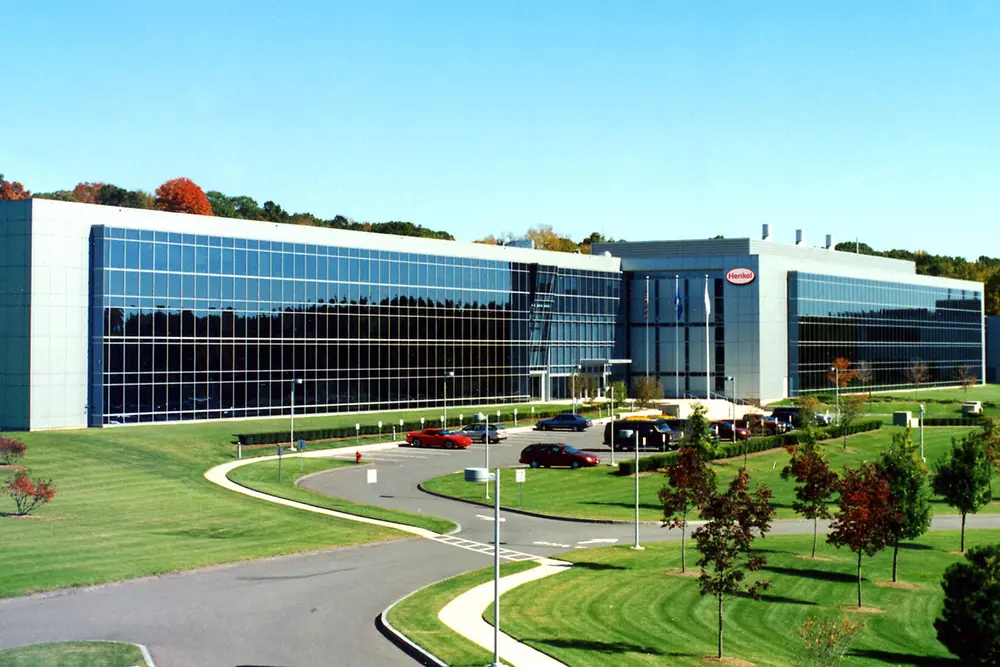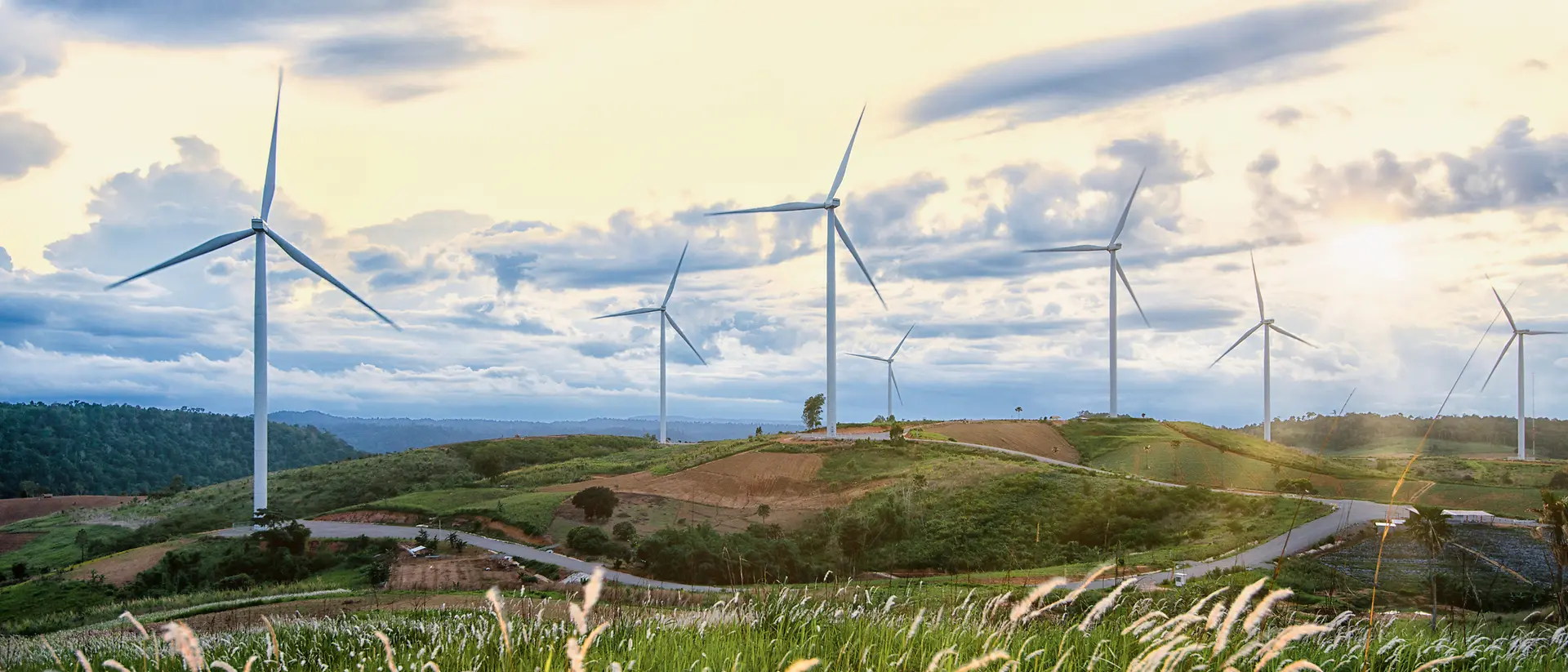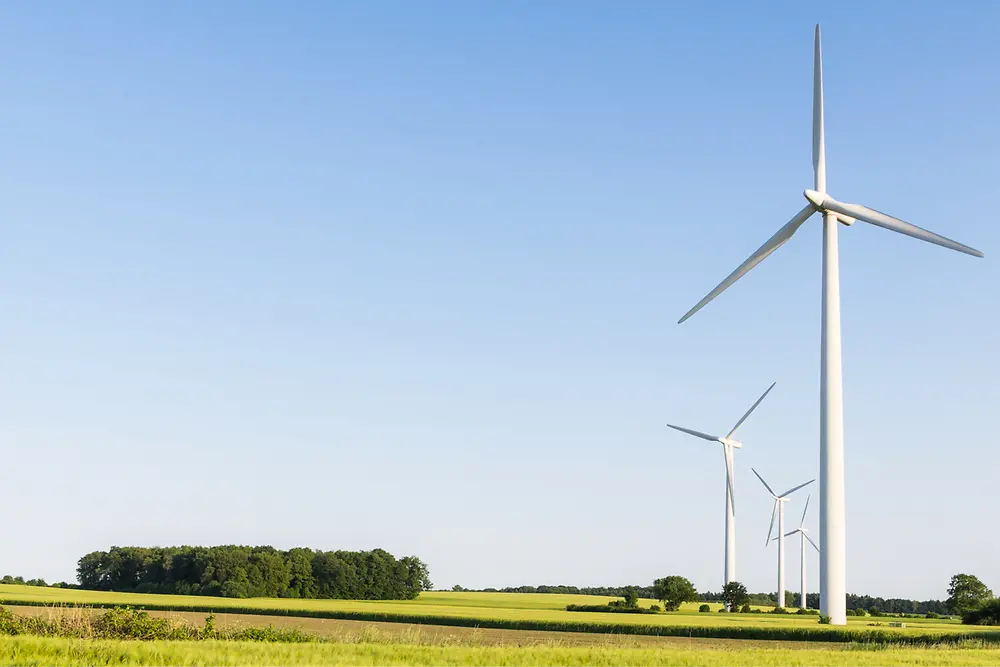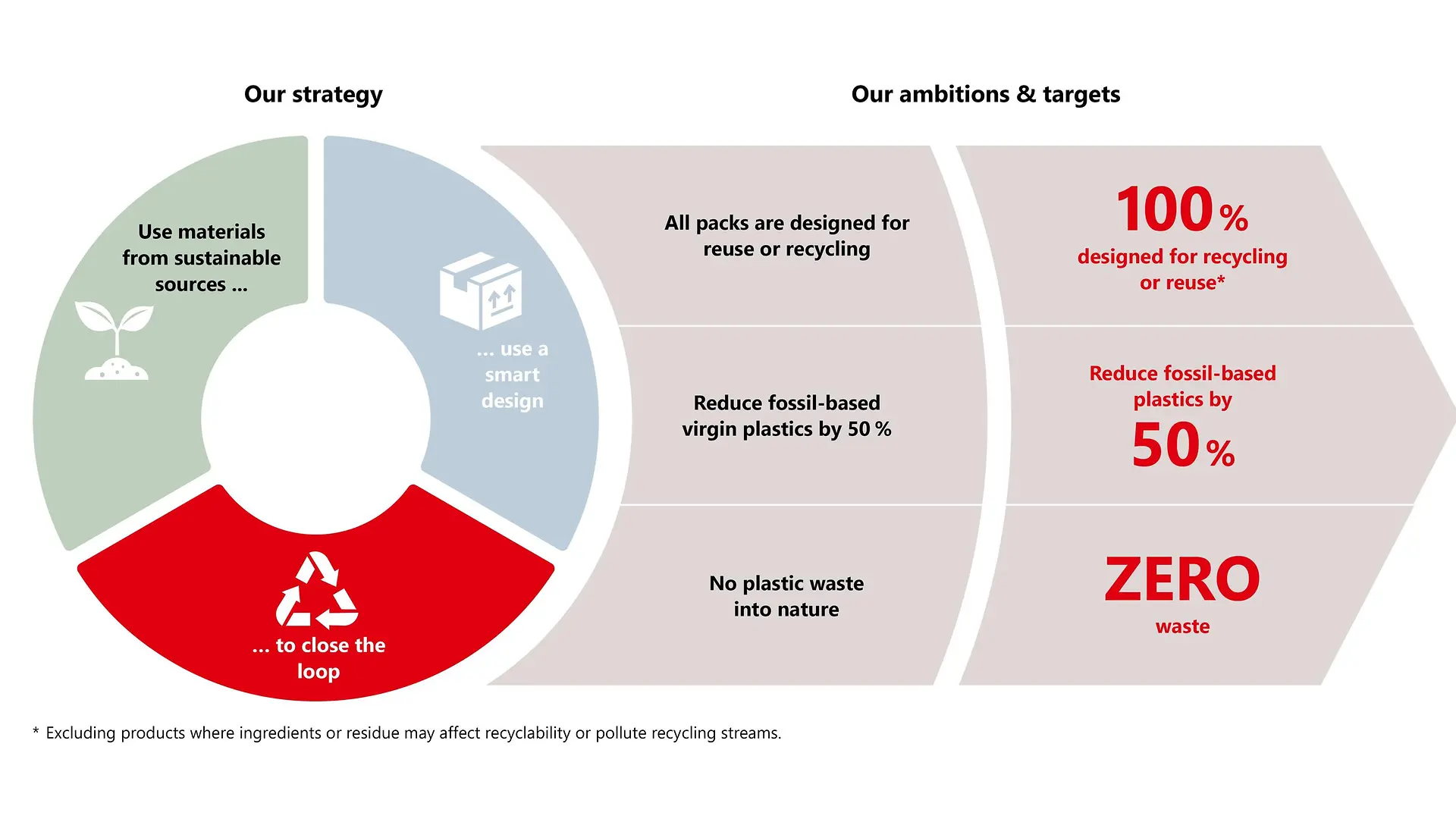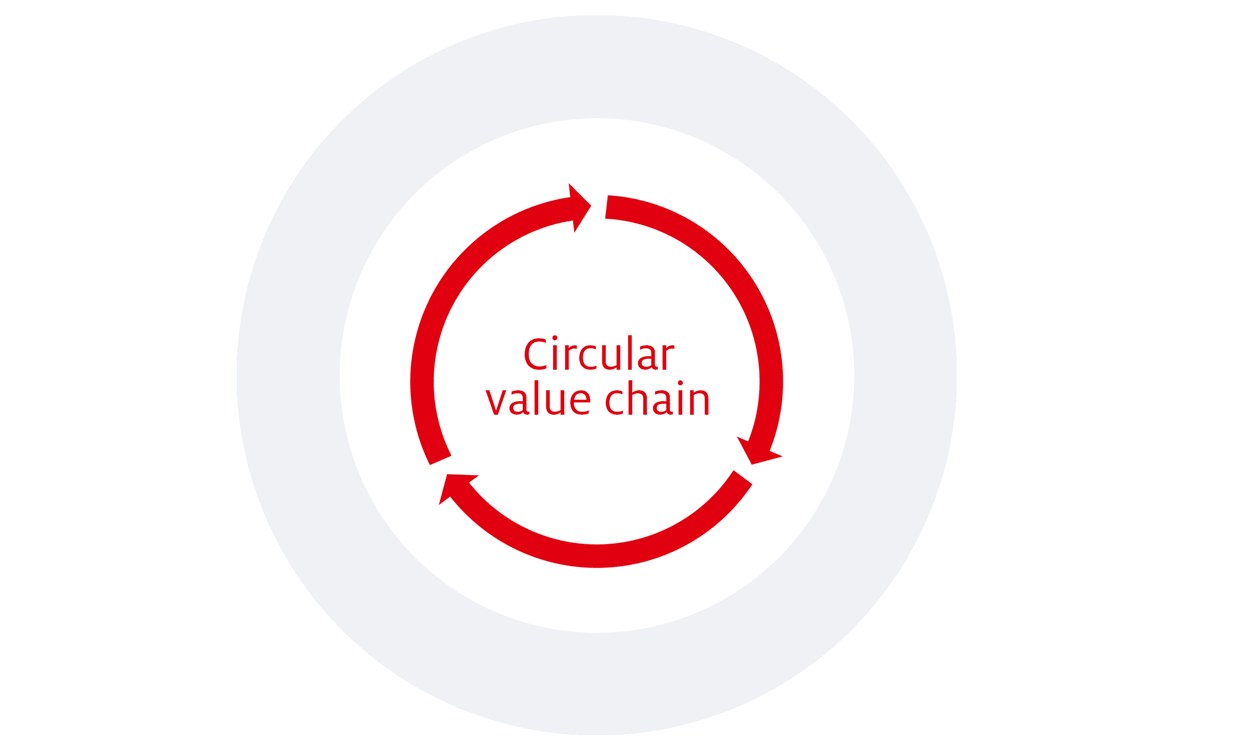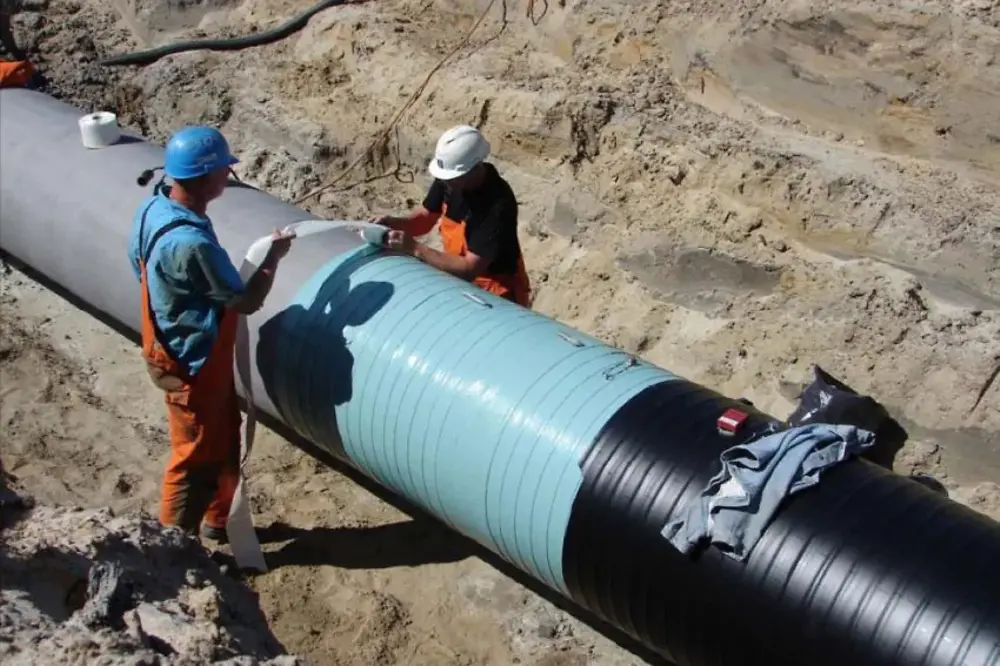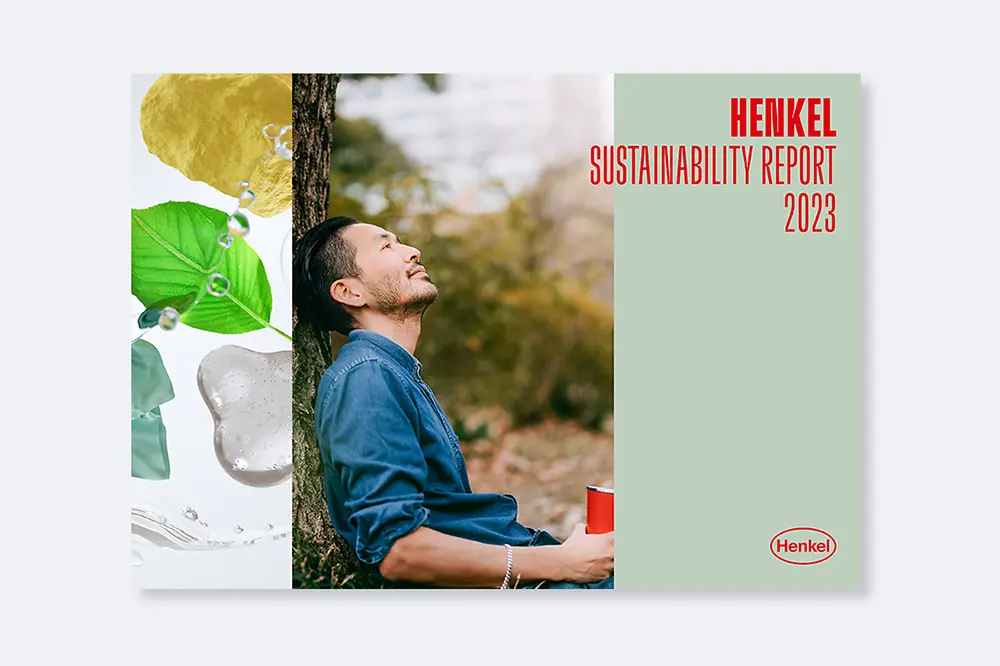Discover the brands from our business units Henkel Adhesive Technologies and Henkel Consumer Brands.
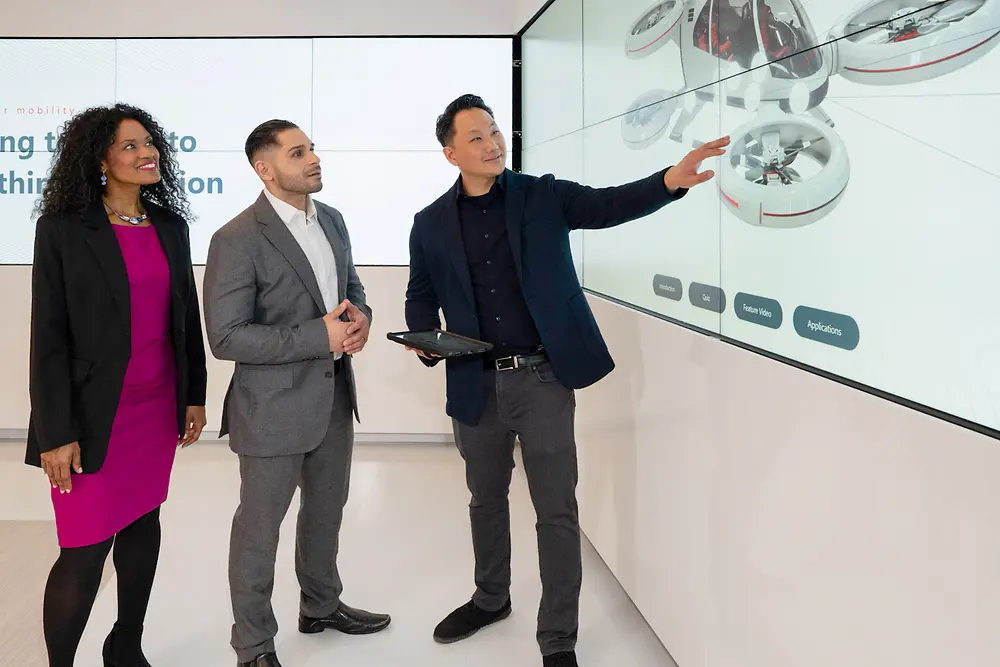
Technology Center Bridgewater
The Technology Center Bridgewater, an innovation and customer center for the NAMX region, offers world class analytical and rheology capabilities, including a flexible packaging lab and a furniture and building components lab.


